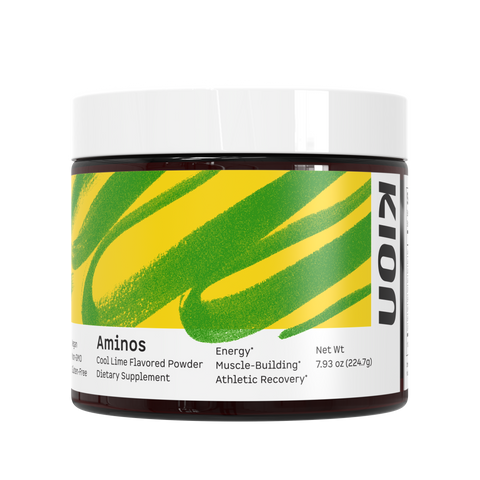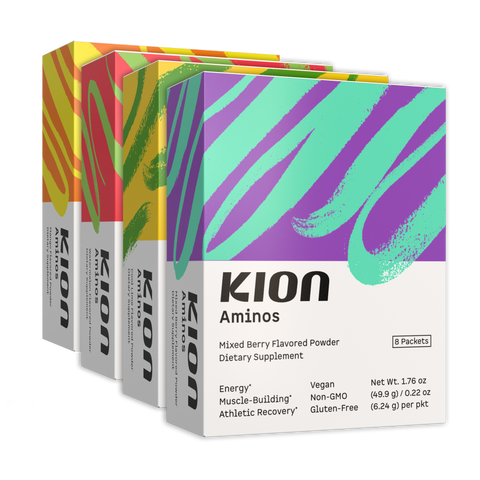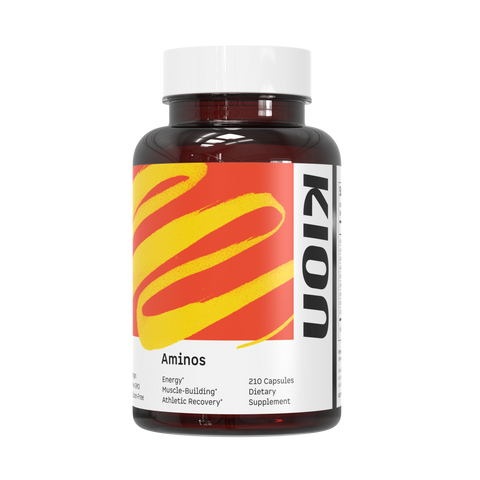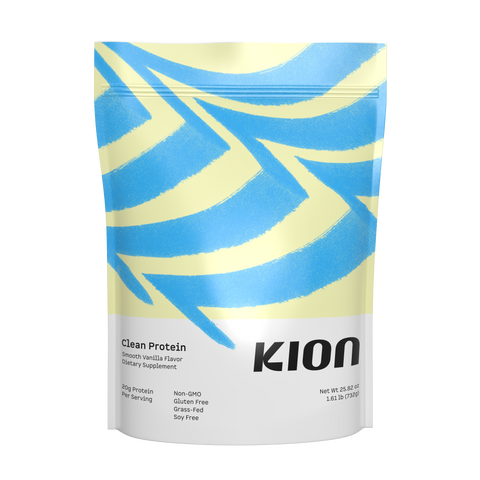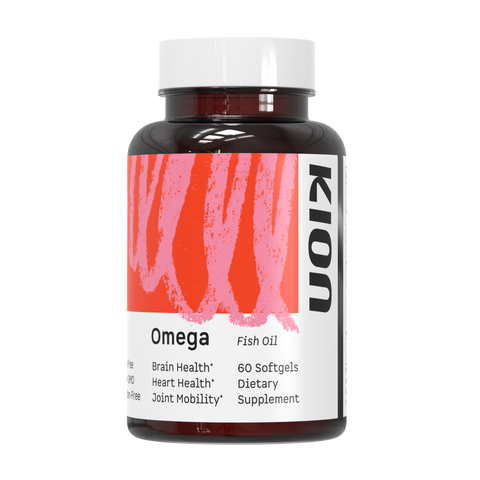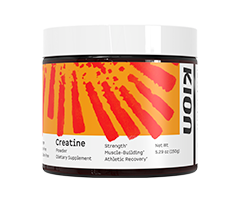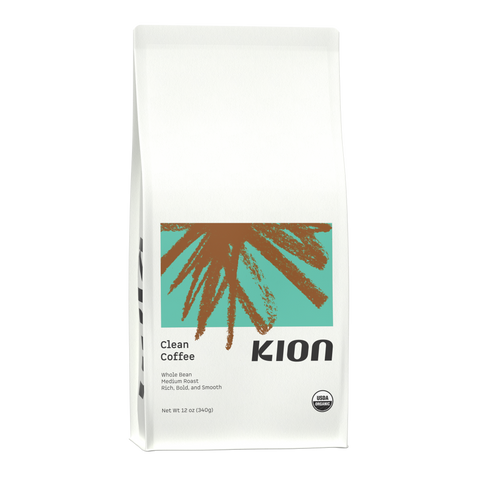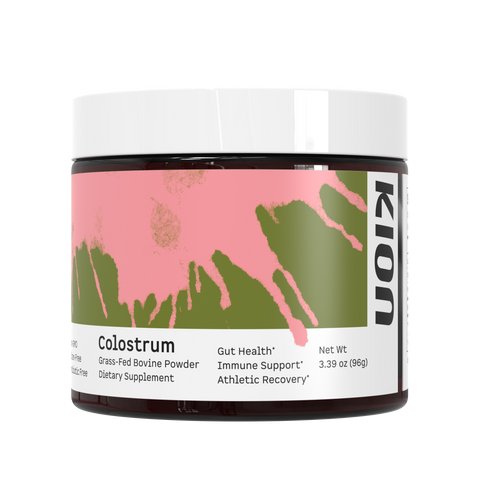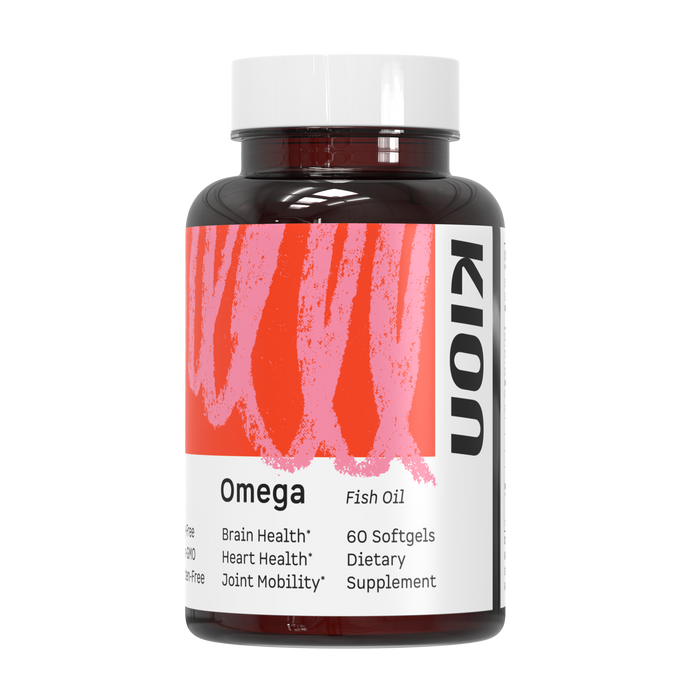If you put dirty, unstable oil in your car, it’s going to wreck the internal mechanisms that propel it. Sooner or later, your vehicle will stop working as it should.
A similar principle governs your body — you get out what you put in.
And no other organ demonstrates this better than the brain.
The Relationship Between Fat and Brain Function
The brain is composed of billions of cells. Each cell has an outer membrane that sucks in hormones and nutrients, while expelling waste products and toxins.
These cell membranes are primarily made of fats that you get from food. Fat accounts for sixty percent of the human brain’s total mass, making it the human body’s fattest organ. [1]
And unlike most other parts of the body, when it comes to the brain and your health, the fatter, the better.
So, here’s where the car analogy comes into play:
Our brain is like the engine of a car, and dietary fat is the oil. If you put “dirty oil” in the form of unhealthy fats into your body, your engine will eventually malfunction.
And the truth is, many of us are fueling our engines with dirty oil.
We’ve been led to believe that dietary fats are bad, but the truth is your brain needs fats.
It’s really the type of fats you consume that matters. And the balance between them.
The Importance of Essential Fatty Acids
Essential fatty acids, or EFAs, are essential because they must be consumed from our diet. EFAs are broken down from dietary fat during digestion and circulate in our bloodstream until our cell membranes take them up.
The two primary types of EFAs are omega-6s and omega-3s.
Unlike other fats, omega-6s and omega-3s are not used or stored as fuel. Instead, they literally become part of our cells and support many biological processes. When it comes to the brain, they impact mood, cognitive function, behavior, and inflammation levels.
Omega-3s and omega-6s have very different functions in the body. Omega-3s are thought to be anti-inflammatory, while omega-6s are pro-inflammatory. [2]
But it’s a little bit more nuanced than that. Your body needs both to function properly, and when consumed in the right balance, they work synergistically to support brain and body health. Typically, you need more omega-3s than omega-6s.
However, many people following a Western diet rich in omega-6 and notoriously void of omega-3, have this ratio flipped on its head.
This often causes higher levels of inflammatory markers in the body. And we know inflammation is no bueno.
While it sounds simple, an imbalanced ratio of omega fatty acids can have devastating impacts on our brain and overall health. [3]
How An Omega Imbalance Can Lead to Poor Health
It’s estimated that pre-industrial diets worldwide had an omega-6 to omega-3 ratio that ranged between 4:1 to 1:4, with most landing somewhere in the middle.
The omega ratio in today’s modern Western diet is 16:1. [4] This means that we’re consuming at least a four-fold increase in pro-inflammatory fats compared to our ancestors.
At the same time, we’re seeing an alarming increase in modern diseases related to chronic inflammation. Could this be related to recently adopting a diet consisting of more pro-inflammatory omega-6s than the human body has ever seen? [1][5]
But again, your health isn’t only impacted by the amount of omega-6s you consume. It’s about getting enough omega-3s to balance them out. The 3:6 ratio is what really matters.
And because our brains use so much fat, a diet that is deficient in omega-3s with an excess of omega-6s will have a massive impact on our neurological and cognitive health.
But before we jump into the strategies for balancing our omegas, let’s dive a little deeper into the brain-boosting benefits of omega-3s.
The Benefits of Omega-3s for the Brain
While there are many omega-3s, the most notable for human health include eicosapentaenoic acid (EPA), docosahexaenoic acid (DHA), and alpha linoleic acid (ALA).
Of the three, EPA and DHA have the most notable effect on brain function, memory, and mood.
1. Omega-3s Support General Brain Health
DHA and EPA account for a large proportion of the cell membranes of brain cells, and thus are critical for maintaining intercellular communication in the brain. [6]
They are so crucial that our brain may age faster, and even shrink, without them. [7]
2. Omega-3s May Improve Memory
A systematic review and meta-analysis on healthy adults reported improved memory function with DHA/EPA supplementation. [6].
Another randomized control trial found that DHA supplementation improved both memory and reaction time in healthy young adults. [8]
DHA and EPA supplementation can also benefit older adults with age-related cognitive decline by improving learning and memory. [9]
3. Omega-3s Can Elevate Mood
EPA and DHA supplementation is associated with improved brain health markers and mood in healthy adults. [10]
Not bad, eh? Who wouldn’t enjoy a little brain boost with improvements in function, memory, and mood?
In the next section, we’ll cover some actionable tips for balancing your omegas with an emphasis on how to get more omega-3s from your diet.
How to Improve Your Omega-6 to Omega-3 Ratio
As previously mentioned, the key to healthy cells and a well-functioning brain is consuming the proper EFAs in an optimally balanced ratio.
This often boils down to reducing intake of pro-inflammatory omega-6s, while increasing intake of anti-inflammatory omega-3s.
Common foods that are high in omega-6s include:
- Fast food
- Cured meats
- Mass produced and packaged baked goods
- Pre-made and processed foods like frozen dinners
- Snack foods like corn chips, potato chips, and granola bars
- Vegetable oils like soybean oil, corn oil, cottonseed oil, peanut oil, and margarine
By avoiding or seriously limiting these foods, reading labels, and swapping out the use of any vegetable oils, you’ll be taking a big step toward reducing your omega-6 intake.
On the other end of the spectrum, consciously increasing your omega-3 intake can also provide some quick and easy wins for your brain and overall health.
How to Get More Omega-3s
Want more omega-3s? The simple move is to eat more of the foods rich in them.
ALA is often the easiest and most inexpensive omega-3 to get from diet. The best sources include:
- Walnuts
- Flax seeds
- Chia seeds
- Hemp seeds
- Brussels sprouts
However, as mentioned, ALA isn’t as biologically active as EPA and DHA. It’s often converted to EPA or DHA in the body, but that conversion is very low—ranging from 0-9%. [11]
So you shouldn’t only rely on ALA-rich foods for your omega-3 intake, if you want the most bang-for-your-brain.
Instead, if your diet allows it, focus on incorporating more EPA- and DHA-rich foods. The best sources are fish, seafood, sea algae, and high-quality fish oil supplements like Kion Omega.
"I have been taking Kion products for several months now and I am loving them. The fish oil is high quality with several ingredients added to preserve the oil, which is a big concern for me."
- Tony R (verified buyer)
Want some actionable ideas for meals that include more omega-3s?
- Add avocado oil mayonnaise to a can of wild-caught salmon and wrap in a leafy green lettuce leaf or almond flour tortilla shell.
- Add a can of wild-caught sardines or anchovies to a salad for a rich protein and healthy fat source.
- Top a cracker with avocado, kelp flakes, and salmon roe, both of which are rich in DHA.
- Sprinkle chia seeds and hemp seeds on grass-fed, organic yogurt with a little bit of organic fruit.
- Supplement with a high-quality fish oil like Kion Omega, which has 1,000 mg of omega-3s.
Ki Points on Omega-3s and Brain Health
The saying “you get out what you put in” applies to the body and the brain as well as it does your car.
But instead of motor oil, the human brain runs on fats.
And just like dirty motor oil in your car, an imbalance of fats—specifically, the ratio of omega-6s to omega-3s—will result in suboptimal performance and sometimes more serious malfunctions.
The solution? Limit foods high in omega-6s, eat more foods rich in omega-3s, and supplement with a high-quality fish oil.
Not only are omega-3s essential to the structure and function of brain cell membranes, but consuming more of them has been shown to support general brain health, memory, and mood.
Kick your brain health up a notch with Kion Omega.
Try NowScientific Research
- Chang, Chia-Yu et al. “Essential fatty acids and human brain.” Acta neurologica Taiwanica vol. 18,4 (2009): 231-41.
- Calder, Philip C. “n-3 polyunsaturated fatty acids, inflammation, and inflammatory diseases.” The American journal of clinical nutrition vol. 83,6 Suppl (2006): 1505S-1519S. doi:10.1093/ajcn/83.6.1505S
- Russo, Gian Luigi. “Dietary n-6 and n-3 polyunsaturated fatty acids: from biochemistry to clinical implications in cardiovascular prevention.” Biochemical pharmacology vol. 77,6 (2009): 937-46. doi:10.1016/j.bcp.2008.10.020
- Simopoulos, A.p. “Evolutionary Aspects of Diet, the Omega-6/Omega-3 Ratio and Genetic Variation: Nutritional Implications for Chronic Diseases.” Biomedicine & Pharmacotherapy, vol. 60, no. 9, 2006, pp. 502–507., doi:10.1016/j.biopha.2006.07.080.
- Patterson, E et al. “Health implications of high dietary omega-6 polyunsaturated Fatty acids.” Journal of nutrition and metabolism vol. 2012 (2012): 539426. doi:10.1155/2012/539426
- Dyall, Simon C. “Long-chain omega-3 fatty acids and the brain: a review of the independent and shared effects of EPA, DPA and DHA.” Frontiers in aging neuroscience vol. 7 52. 21 Apr. 2015, doi:10.3389/fnagi.2015.00052
- Tan, Z S et al. “Red blood cell ω-3 fatty acid levels and markers of accelerated brain aging.” Neurology vol. 78,9 (2012): 658-64. doi:10.1212/WNL.0b013e318249f6a9
- Welma Stonehouse, Cathryn A Conlon, John Podd, Stephen R Hill, Anne M Minihane, Crystal Haskell, David Kennedy, DHA supplementation improved both memory and reaction time in healthy young adults: a randomized controlled trial, The
- American Journal of Clinical Nutrition, Volume 97, Issue 5, May 2013, Pages 1134–1143, https://doi.org/10.3945/ajcn.112.053371
- Yurko-Mauro, Karin et al. “Beneficial effects of docosahexaenoic acid on cognition in age-related cognitive decline.” Alzheimer's & dementia : the journal of the Alzheimer's Association vol. 6,6 (2010): 456-64. doi:10.1016/j.jalz.2010.01.013
- Kiecolt-Glaser, Janice K., et al. “Omega-3 Supplementation Lowers Inflammation and Anxiety in Medical Students: A Randomized Controlled Trial.” Brain, Behavior, and Immunity, vol. 25, no. 8, 2011, pp. 1725–1734., doi:10.1016/j.bbi.2011.07.229.
- The University of Oregon State. “Essential Fatty Acids.” Linus Pauling Institute, 7 Aug. 2020, lpi.oregonstate.edu/mic/other-nutrients/essential-fatty-acids.



